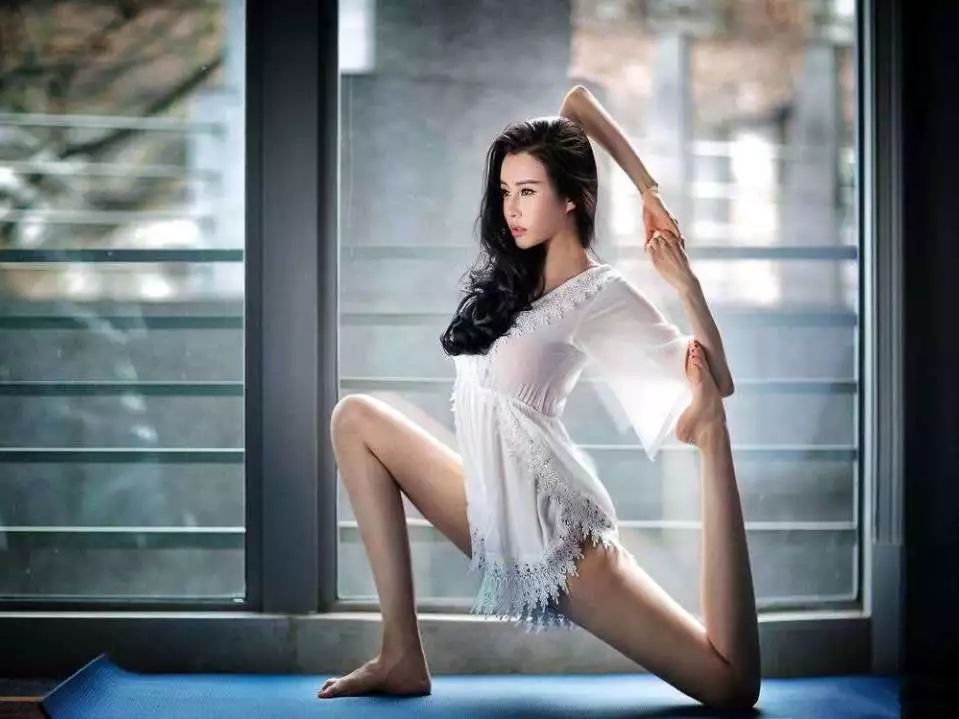Mira Stolz & Xinyu Li
- Wellness is the new luxury status symbol for millennials
- The Chinese Government has been enforcing and supporting the trend of health and wellness
- The market has yet to adapt to the demand for products and platforms which bring a feeling of involvement
The Chinese government aims to improve public health and fitness by committing to the Healthy China 2030 initiative plan. The overall goal is to raise the average life expectancy to 79 years and have a total of 530 million people exercising on a regular basis. The looming health issues that are impacting the general population, such as a growing level of obesity and diabetes, are being recognized by a rising number of people who are turning to the healthcare and wellness economy for help and prevention. Social media influencers and KOL’s are driving and inspiring millennials/Generation Z to be more health-conscious than ever. The concepts of health and wellness have been rediscovered and rebranded. People are seeking an experience, not just luxury products. Health and wellness have become the new status symbol everyone wants to take part in.

Image Source: Personal fitness/yoga training session by Bruce Mars from Unsplash.com
What is wellness in China? Who is driving it?
Wellness is about both your body and mind feeling good and healthy. Yet in China, where according to QuestMobile an average adult spends 4.7 hours a day on their mobile devices for entertainment purposes alone, wellness takes on a different form to that of the Western world. The trend of installing and using health apps has been steadily increasing due to the growing overall increase in health awareness in China. Although the market prominently attracts young millennial/Generation Z women, men aren’t holding back either. Luxe Digital states that “For millennials and Generation Z, wellness is the new luxury status symbol,” and that “they are willing to spend more on their daily, active pursuit of wellness,”. Besides digitalized wellness, the Chinese are seeking real luxury experiences to enhance their status.

Image Source: Screenshots from various users of the ‘Feel’ App.
What are people looking for?
Although people are looking for wellness, it isn’t only luxury products they are looking for, it’s an experience they want to invest in. People want to be able to take photos and share it with others. Taking selfies has become equally as important as being healthy. It isn’t only about experiencing health and wellness but also having a close experience with their favourite influencers and watching them grow. Apps such as ‘Keep’ or ‘Lululemon’s collaboration with GuavaPass’ have been making this possible. ‘Keep’ is a Chinese health/fitness app which not only guides you to your sought-after goal but also allows you to be part of a community, exchange ideas and accomplishments as well as get inspiration from others. In China, social media and influencers mean a lot. This makes it a powerful combination driving the wellness trend forward.

Image Source: Health Supplements from Personanutrition.com
What impact does the wellness trend have on China?
According to Allied Market Research, “Asia-Pacific is expected to witness the highest growth rate from 2018 to 2024, due to increase in concerns towards health & wellness and rise in participation of youth population in sports activities.” “The ready to wears expected to grow exponentially, owing to increase in trend of athleisure as a casual wear among the youth population across the world.” “The Chinese supplements industry reached $20.5 billion in 2018, with 9.3 percent annual growth, as compared to global supplements sales growth of 5.7 percent.” This has been steadily growing ever since. The same applies to gym memberships and athleisure wear.
The Global Wellness Summit is positive that the wellness “trend” will continue to grow with Forbes urging brands to recognize this and adapt to the demand of the market.

